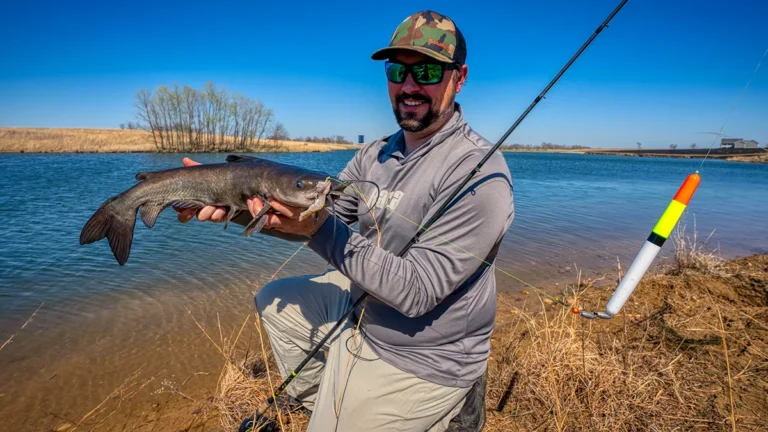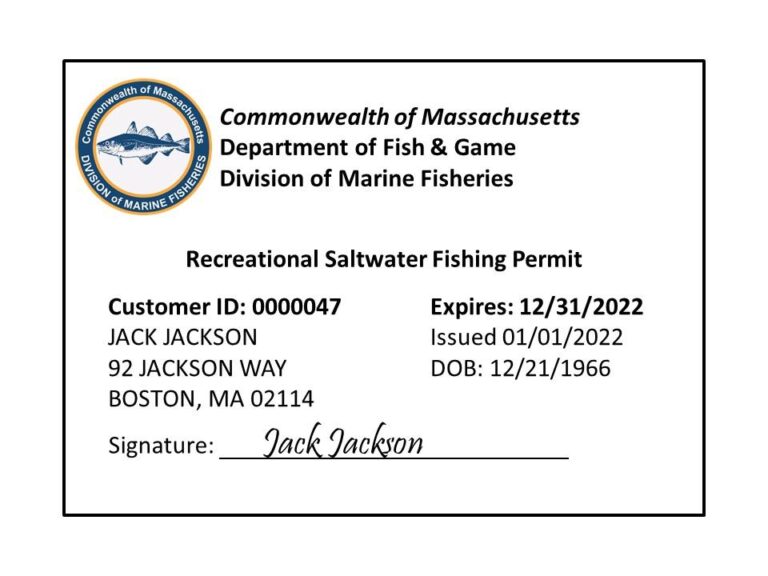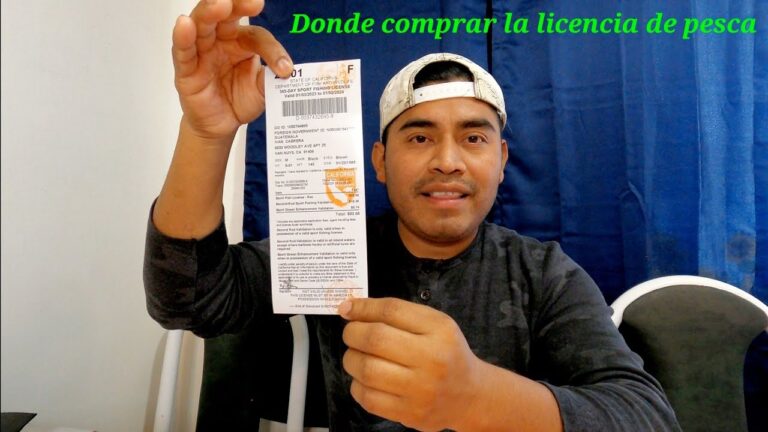Boating in Oregon: What You Need to Know for a Perfect Adventure
Boating in Oregon offers a unique experience. The state’s waterways are diverse and beautiful.
Oregon is a boater’s paradise, offering everything from serene lakes to rushing rivers. Before you set sail, it’s essential to understand the local regulations, weather patterns, and best practices for a safe trip. Whether you’re a seasoned sailor or a novice, knowing what to expect can make your adventure more enjoyable.
In this guide, we will explore the key things you need to know about boating in Oregon, ensuring you have a smooth and memorable experience on the water. From required permits to safety tips, we’ve got you covered. Let’s get started on making your Oregon boating journey both safe and fun.
Best Boating Locations
Oregon offers some of the best boating locations in the United States. The state’s diverse waterways provide endless opportunities for boating enthusiasts. From serene lakes to flowing rivers, there’s something for everyone. Discover the top spots to launch your boat and enjoy the beautiful scenery.
Top Lakes
Crater Lake is a must-visit. It’s the deepest lake in the United States. The clear blue waters are stunning. Boating here provides an unforgettable experience.
Wallowa Lake, located in northeastern Oregon, is another popular choice. Surrounded by mountains, this lake offers breathtaking views. It’s perfect for a peaceful day on the water.
Detroit Lake is a favorite for many boaters. This reservoir in the Cascade Mountains is ideal for fishing and water sports. The nearby campgrounds make it a great weekend destination.
Popular Rivers
The Willamette River flows through the heart of Oregon. It’s a prime spot for boating and fishing. The river offers many public boat ramps and scenic views.
The Columbia River is one of the largest rivers in North America. It forms much of the border between Oregon and Washington. Boating here means stunning landscapes and diverse wildlife.
The Rogue River is famous for its white-water rafting. But it’s also great for boating. The calm sections of the river are perfect for a leisurely float.
Boating Seasons
Oregon’s diverse climate offers unique boating experiences throughout the year. Each season brings distinct opportunities and challenges for boaters. Understanding the best times to hit the water can enhance your boating adventures.
Peak Times
Summer is the peak boating season in Oregon. Warm weather and long days make it ideal for water activities. Popular spots like Crater Lake and the Willamette River attract many boaters. Weekends and holidays see the highest traffic. Early mornings and weekdays are less crowded, offering a more peaceful experience.
Off-season Tips
Boating in the off-season can be rewarding. Fall and spring offer mild weather and fewer crowds. Dress in layers to stay comfortable. Ensure your boat is ready for cooler temperatures. Check the weather forecast before heading out. Winter boating is possible but requires extra caution. Ice and cold water pose risks. Always wear a life jacket and inform someone about your plans.
Required Permits
Boating in Oregon is an exciting adventure. To enjoy it fully, you need the right permits. These permits ensure your safety and compliance with state regulations. Let’s explore where to get these permits and their costs and validity.
Where To Get Them
You can obtain boating permits from several places. These include:
- Oregon State Marine Board (OSMB) – The main source for all boating permits.
- Authorized Retailers – Many sporting goods stores offer permits.
- Online – The OSMB website allows easy online applications.
Local offices can also provide information and assistance. Check the OSMB website for the nearest location.
Cost And Validity
Boating permits in Oregon vary in cost and validity. Here’s a quick breakdown:
| Permit Type | Cost | Validity |
|---|---|---|
| Annual Permit | $30 | 1 Year |
| Two-Year Permit | $50 | 2 Years |
| Temporary Permit | $7 | 7 Days |
These fees help maintain and improve boating facilities in Oregon. Always ensure your permit is valid before heading out on the water.
Safety Guidelines
Boating in Oregon is a wonderful experience. But safety should always be your top priority. Knowing and following safety guidelines can help ensure a fun and secure adventure on the water.
Essential Gear
Always have the right gear on your boat. Life jackets are a must for everyone on board. Make sure they fit properly and are in good condition. Have a first aid kit ready. You might need it for minor injuries. A whistle or horn can help you signal for help. Fire extinguishers and flares are also important. Check them regularly to ensure they work.
Weather Precautions
Weather can change quickly in Oregon. Check the forecast before heading out. Look for signs of bad weather while on the water. Dark clouds, sudden drops in temperature, or strong winds can signal danger. If you see these signs, head back to shore immediately. Avoid boating during storms. Lightning and strong winds can be very dangerous.
Types Of Boats
Oregon’s waterways offer diverse boating experiences. Whether you prefer the thrill of speed or the tranquility of paddling, there’s a boat for you. Let’s explore the different types of boats you can enjoy in Oregon.
Motorboats
Motorboats are popular for their speed and power. They are perfect for water skiing, wakeboarding, and tubing. Many motorboats come equipped with powerful engines. This makes them ideal for larger lakes and rivers. They are great for those who love adventure and excitement.
Sailboats
Sailboats offer a peaceful and eco-friendly way to explore Oregon’s waters. They rely on wind power, providing a serene experience. Sailboats come in various sizes, from small dinghies to large yachts. Sailing requires some skill, but it’s worth the effort. It’s perfect for those who enjoy a slower pace and connecting with nature.
Kayaks And Canoes
Kayaks and canoes are excellent for exploring calm lakes and gentle rivers. They are lightweight and easy to transport. Kayaks are usually for solo adventurers, while canoes can carry more people. These boats allow you to get close to nature. They are great for fishing, bird watching, and photography. Paddling a kayak or canoe provides a great workout too.
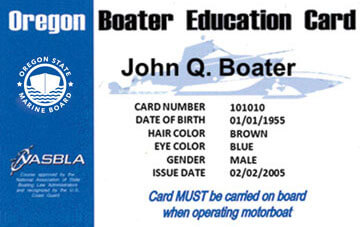
Credit: www.boat-ed.com
Fishing While Boating
Fishing while boating in Oregon offers a unique and thrilling experience. The state’s diverse waterways are perfect for both seasoned anglers and beginners. Enjoy the serene beauty of nature while casting your line from the comfort of your boat.
Top Spots
Oregon has numerous prime fishing spots for boaters. Here are a few favorites:
- Crater Lake: Known for its stunning beauty and deep, clear waters. Perfect for catching trout.
- Columbia River: Famous for its diverse fish species, including salmon and sturgeon.
- Willamette River: Ideal for bass fishing and close to urban areas.
- Deschutes River: A fly-fisher’s paradise with plenty of trout.
- Tenmile Lakes: Excellent for largemouth bass and yellow perch.
Regulations
Before you start fishing, it’s important to know the regulations:
- Licenses: All anglers over the age of 12 need a valid fishing license. Purchase online or at local retailers.
- Limits: There are specific catch limits for each species. Check the Oregon Department of Fish and Wildlife (ODFW) website for details.
- Seasons: Fishing seasons vary by location and species. Verify the open seasons for your target fish.
- Protected Species: Some species are protected and must be released if caught. Know which ones are on the list.
- Boat Safety: Ensure your boat meets all safety requirements. Carry life jackets, navigation lights, and other necessary equipment.
| Requirement | Details |
|---|---|
| Fishing License | Required for anglers over 12. Purchase online or locally. |
| Catch Limits | Varies by species. Check ODFW for specific limits. |
| Fishing Seasons | Check the open seasons for your target species. |
| Protected Species | Release if caught. Know the protected species list. |
| Boat Safety | Meet safety requirements. Carry essential equipment. |
Family-friendly Boating
Oregon offers many boating destinations perfect for families. Whether you’re planning a day trip or a weekend getaway, the state’s lakes and rivers provide a safe and enjoyable environment for boating with children. With the right preparation and knowledge, you can ensure a fun-filled adventure for all ages.
Kid-friendly Locations
Oregon boasts several kid-friendly boating locations. These spots are safe, accessible, and full of family activities. Here are a few top choices:
- Lost Lake: Nestled in the Mount Hood National Forest, Lost Lake offers calm waters ideal for young boaters. The scenery is stunning, with views of Mount Hood.
- Detroit Lake: This reservoir in the Willamette National Forest is great for families. It features designated swimming areas and many picnic spots.
- Wallowa Lake: Located in Eastern Oregon, Wallowa Lake is known for its clear waters and mountain backdrop. The area has several trails and campgrounds.
Activities For Children
Keeping children entertained on a boating trip is essential. Oregon’s family-friendly boating spots offer a variety of activities:
- Fishing: Many lakes and rivers are stocked with fish, making it easy for kids to catch their first fish.
- Swimming: Designated swimming areas with lifeguards ensure safety. Always supervise children while they swim.
- Wildlife Watching: Encourage kids to observe the local wildlife. Bring binoculars and a field guide for a fun educational experience.
- Picnicking: Pack a lunch and enjoy a meal by the water. Many spots have picnic tables and barbecue facilities.
Planning a boating trip with your family in Oregon can be a wonderful experience. Choosing the right location and activities will ensure everyone has a great time.

Credit: www.facebook.com
Eco-friendly Boating
Boating in Oregon offers stunning landscapes and diverse wildlife. To keep these waters pristine, eco-friendly boating practices are essential. This guide provides key tips to reduce your environmental impact while enjoying Oregon’s waterways.
Sustainable Practices
Adopting sustainable practices helps preserve Oregon’s natural beauty. Here are some simple steps:
- Reduce engine emissions: Use electric or low-emission outboard motors.
- Minimize fuel spills: Refuel carefully and use spill-proof containers.
- Eco-friendly cleaning products: Opt for biodegradable soaps and cleaners.
- Proper waste disposal: Dispose of trash and recyclables at designated facilities.
By following these practices, boaters can significantly reduce their environmental footprint.
Protecting Wildlife
Oregon’s waterways are home to diverse wildlife. Protecting these animals is crucial for a healthy ecosystem. Here are some ways to help:
- Keep your distance: Avoid disturbing nesting birds and other wildlife.
- Slow down: Reduce speed in wildlife-rich areas to prevent collisions.
- Be mindful of fishing lines: Dispose of fishing lines properly to avoid harming animals.
- Avoid sensitive habitats: Steer clear of marshes, reefs, and other delicate ecosystems.
These small actions can make a big difference in protecting Oregon’s wildlife.
Incorporating eco-friendly boating practices not only preserves the environment but also enhances your boating experience. Enjoy Oregon’s waters responsibly.
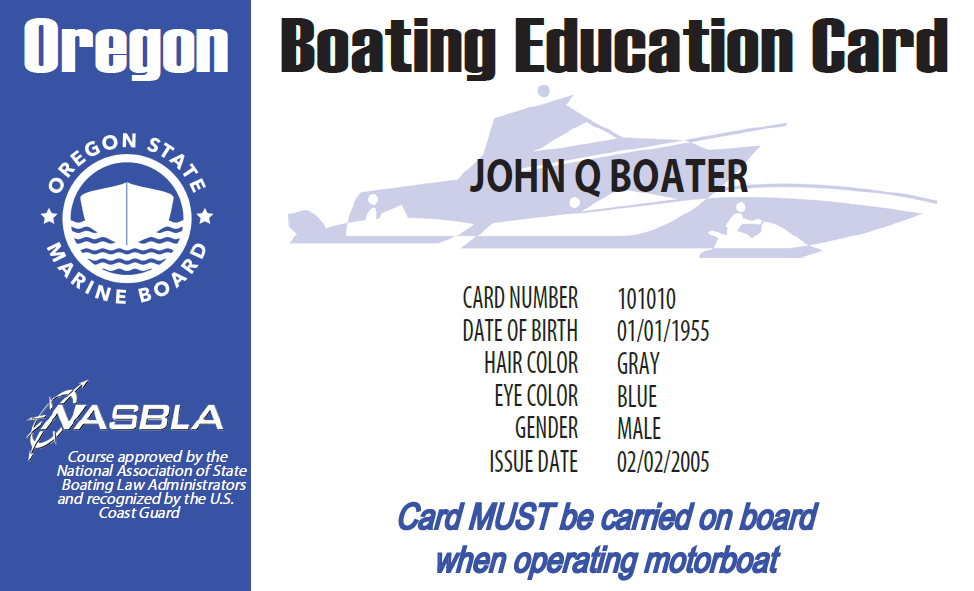
Credit: www.oregon.gov
Frequently Asked Questions
What Are The Best Boating Spots In Oregon?
Oregon offers many boating spots like Crater Lake, Columbia River, and Willamette River. Each location offers unique experiences for boaters.
Do I Need A Boating License In Oregon?
Yes, boaters in Oregon need a Boater Education Card. It’s required for operating motorboats over 10 horsepower.
What Safety Equipment Is Required For Boating In Oregon?
Oregon requires life jackets, fire extinguishers, and navigation lights. Check local regulations for any additional safety equipment.
Can I Rent A Boat In Oregon?
Yes, many places in Oregon offer boat rentals. Popular rental locations include lakes, rivers, and coastal areas.
Conclusion
Boating in Oregon offers unforgettable experiences. The state’s natural beauty is unmatched. Always prioritize safety while on the water. Respect local wildlife and fellow boaters. Research the rules before setting out. Proper planning ensures a smooth trip. Enjoy the serene landscapes and peaceful waters.
Happy boating!

